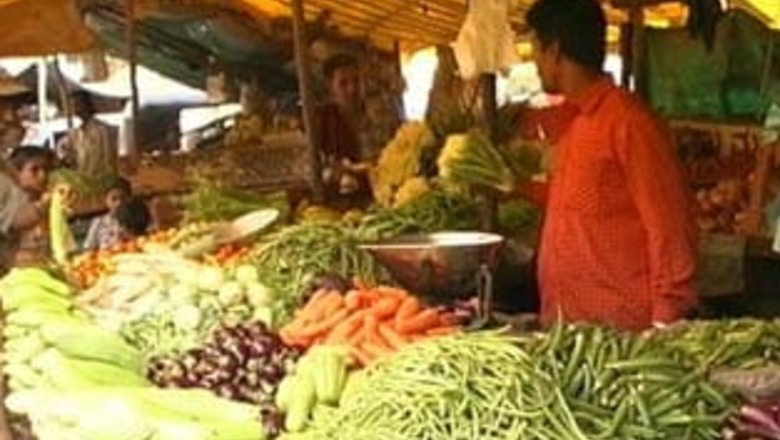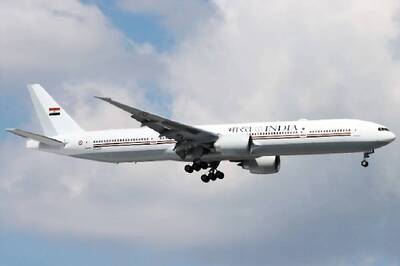
views
New Delhi: High food prices could prove to be a major issue among Indian voters in the upcoming General Election despite the steep fall in the inflation rate, a top government economist said on Monday.
The economy, hit by the global financial crisis, will be a key issue when the world's largest democracy goes to the polls in April and May.
Some analysts say the drop in the widely watched wholesale price inflation to nearly zero will lift the ruling party's popularity. "Is it that popular?"
Abhijit Sen, member of the Planning Commission, said when asked whether popular food policies would help the Congress party.
"I'm not so sure that in the popular conception, irrespective of what your newspapers shout about the (Wholesale Price Index), there is any sense that, you know, prices have been cut down." India's wholesale price inflation has fallen from a peak of nearly 13 per cent in August to 0.27 per cent, but Sen said food prices were still high.
The main battle in the polls will be between the Congress-led United Progressive Alliance and the main opposition bloc headed by the BJP. The BJP-led alliance was voted out of power in 2004 when its "India Shining" campaign, which showcased urban wealth in an expanding economy, angered rural voters left behind by the boom.
While Sen does not make election forecasts, he was one of the few who questioned the viability of the "India Shining" slogan in 2004. "Five years ago, the BJP was certainly far more confident that it was going to come back, and almost every political analyst was far more confident that the BJP would come back than either the Congress party or political analysts are about Congress coming back," Sen said.
The BJP, seen as more pro-market than Congress, has attacked the ruling party on the economy for stalling reforms since it came to power. Congress, which unveiled a populist manifesto last week, says its policies have helped farmers and the poor.
Prime Minister Manmohan Singh's government has significantly increased the price at which official agencies buy grains for a subsidised food distribution system, increasing farm incomes. "The government can claim it has done certain things, for example, it has spent roughly twice as much on agriculture as the previous government in real terms," Sen said. But this would not necessarily please voters, he said.
"I think elections are won on the basis of whether what you can claim sounds credible in terms of what has been achieved over the past five years."


















Comments
0 comment